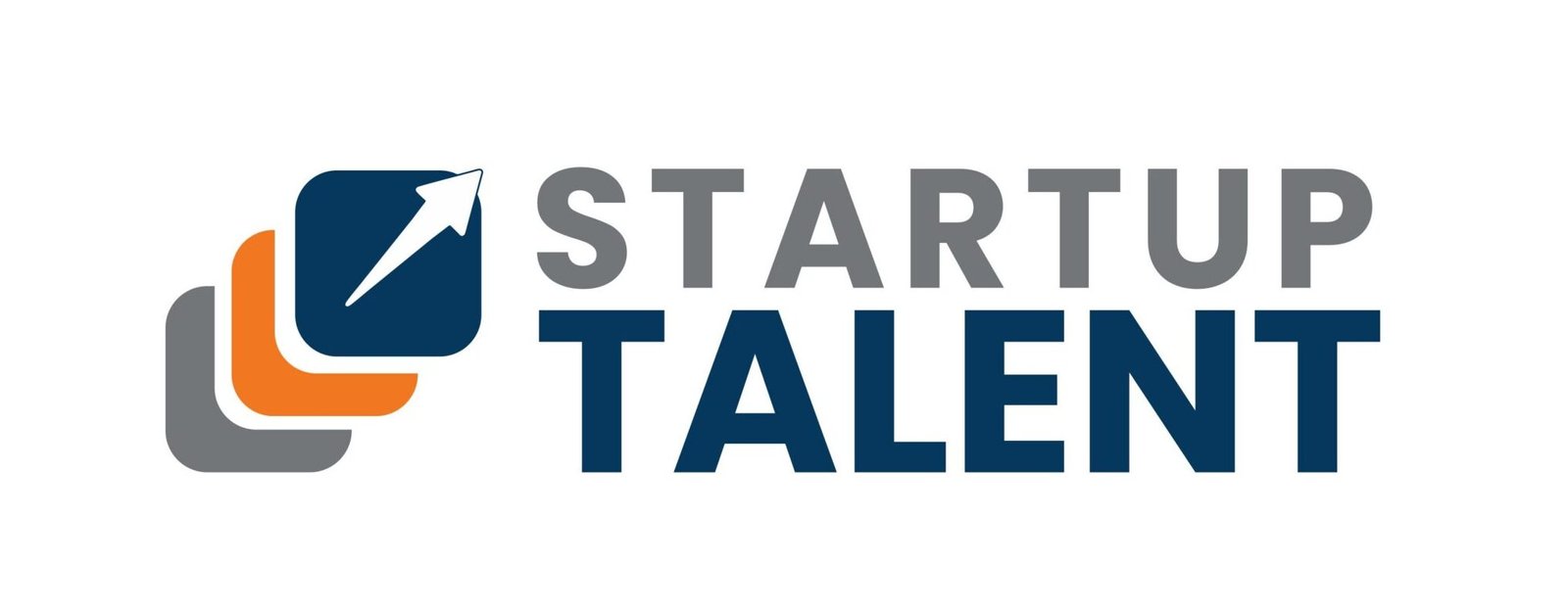In today’s digital era, remote work has gained significant traction, offering numerous benefits to employees and employers. With their agile and flexible structures, startups are well-positioned to harness the advantages of hiring remote employees. However, effectively recruiting and managing a distributed team requires a strategic and comprehensive approach. This guide aims to provide America-based startups with valuable insights and practical tips to Hire Remote Employees successfully.
Embracing the Remote Work Trend
Remote work has become a widely accepted and preferred form of employment, thanks to technological advancements and shifting attitudes towards work-life balance. According to recent studies, 80% of American workers would like to work remotely at least part of the time. Startups looking to attract top talent can leverage this trend by offering remote work opportunities.
Identifying Roles Suitable for Remote Work
When hiring remote employees, startup leaders must identify roles that can be effectively performed remotely. While specific jobs, such as customer-facing roles, may require a physical presence, many areas of operation, such as marketing, design, development, and content creation, can quickly be conducted remotely. By determining which roles are conducive to remote work, startups can ensure a successful transition to a distributed team structure.
Crafting Engaging Job Descriptions
A compelling and engaging job description is crucial when hiring remote employees. It should clearly outline role responsibilities, desired skills, and the company’s mission and values. Additionally, it emphasizes the flexibility and benefits of remote work, highlighting the potential for work-life balance and productivity. This practice will attract remote professionals who align with your startup’s vision and culture.
Conducting Effective Remote Interviews
In remote hiring, interviews are pivotal in assessing a candidate’s suitability for the role and remote work environment. Startups can employ video conference tools to conduct face-to-face interviews, which provide a more authentic and comprehensive evaluation. Behavioral and situational questions can help gauge a candidate’s ability to work independently, manage time effectively, and collaborate remotely.
Testing Collaboration and Communication Skills
Remote work heavily relies on effective collaboration and communication. To determine a candidate’s aptitude in these areas, startups can incorporate tests and exercises that simulate remote work scenarios. For example, assigning a short project to candidates and evaluating their ability to work asynchronously, contribute to shared documents, and communicate effectively through digital platforms can provide valuable insights into their remote work capabilities.
Building Trust and Accountability
Building trust and fostering accountability are crucial when managing a remote team. While physical presence may not be possible, regular check-ins, status updates, and goal-setting sessions can maintain a sense of structure and ensure team members stay aligned. Utilizing project management tools, communication platforms, and time-tracking software can help monitor progress and enhance team collaboration, fostering a culture of trust and accountability.
Creating a Virtual Team Culture
Developing a strong team culture is essential, even when working remotely. Startups can host virtual team-building activities, such as online games, virtual coffee breaks, or weekly video check-ins, to foster camaraderie and build relationships among team members. Additionally, providing opportunities for professional development, training, and mentorship can help employees feel valued and invested in their growth within the organization.
Leveraging Technology for Collaboration
Adopting the right technology and tools is essential for successful remote collaboration. Project management platforms like Asana, communication tools like Slack or Microsoft Teams, and file-sharing services like Google Drive or Dropbox can streamline workflow, facilitate real-time collaboration, and keep remote teams organized. Regularly assessing and incorporating new tools and trends can help startups maximize productivity and enhance remote collaboration.
Nurturing Work-Life Balance
One of the critical attractions of remote work is the ability to achieve a healthy work-life balance. Startups must create an environment that enables employees to maintain boundaries between work and personal life. They should encourage flexible working hours, breaks, and self-care. By valuing work-life balance, startups can foster a supportive and productive remote work culture.
Conclusion
Hiring remote employees can be a game-changer for startups, empowering them to access a diverse talent pool while expanding their geographical scope. By embracing the remote work trend, adopting effective recruitment practices, nurturing a culture of trust, leveraging technology, and prioritizing work-life balance, startup leaders can successfully build and manage a high-performing distributed team. With the right strategies, adaptability, and a focus on creating a cohesive remote work culture, America-based Startup Talent can thrive in remote employment.






